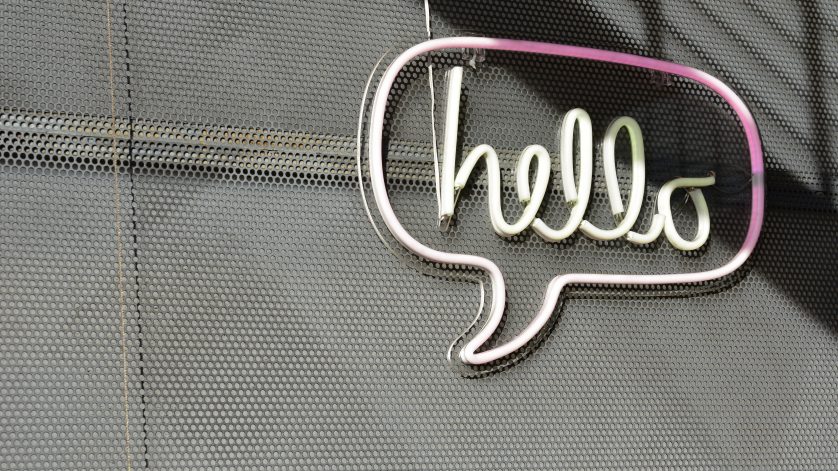You’ve just walked out of an interview (or ended the video call) and now the waiting game begins – which can be endlessly frustrating. You’ll be competing with other shortlisted candidates, so how do you stand out to the hiring manager, especially after they’ve completed interviews?
Simple, drop them a thank-you note acknowledging their time spent with you. These have become a norm nowadays and some recruiters are now expecting these from all candidates. If so, how do you make your note stand out?
Why send a thank-you note?
It’s always worthwhile following up after an interview – most hiring managers expect follow up messages and those who don’t send a follow-up may give the impression they weren’t interested in the role. The logic is interested candidates will spend 5 minutes writing an email, but candidates who aren’t that interested wouldn’t.
The second reason why you should definitely send a follow-up message is down to the hiring manager’s busy schedule. While you might not intend to clutter their inbox, they’ll likely be interviewing at least 5 shortlisted candidates, often this can extend up to 20 candidates for popular roles. By sending a quick note after your interview, it shows you’re still keen and reminds them of your interview. It makes sure you don’t slide through the cracks where you might not hear anything from them.
Old school or Digital?
We’ve all heard those stories – where people have dropped off a note to the office or sent a dozen branded doughnuts with a thank-you note attached. Those are great stories that have gone viral, but it is a little bizarre, to say the least. There’s no need to go that far, an email is completely acceptable nowadays – it’s free and you can still stand out from other candidates.
When to follow up an interview?
You wouldn’t want to immediately contact the interviewer thanking them for their time – you’ll most likely have done this at the end of the interview anyway. Rather, wait until the end of the day or the week so it shows you’re busy, but still thinking about the opportunity. It might be wise to send it in the afternoon before the close of the day.
What to include in a thank-you note?
Most people skip over long emails, so your follow-up message should be short enough to read in full and not take up too much of their time – a few lines or a paragraph would be enough.
Content-wise, you want to acknowledge the interviewer’s time and thank them for giving you part of their day to discuss the role in further detail. Hopefully, the questions you asked them in the interview gave you some further info – but if there are any queries, the follow-up message is a perfect opportunity to ask those too.
Finally, make sure you show your commitment to the process, show your enthusiasm for the role. What you should avoid is selling yourself as an ideal candidate once again. Your covering letter has already done that and the interviewer would have questioned you to get an idea of experience and motivations. Keep it simple.
Our Example
Here’s a template you can use for your own follow-up message:
Hi [Interviewer’s name,
Just a quick note. It was great to chat about the [position] vacancy and certainly helped me to understand it further. The more I heard, the more I felt it was the right opportunity for me at this stage of my career. Thanks so much for taking time out of your day and hope to hear some positive feedback about the process soon.
Best wishes,
[Your Name]
What if I don’t hear back after an interview?
If you’ve sent a follow-up message and you’ve not heard anything after a few weeks, it’s a good idea to follow up and find out how the process is going. Hiring managers often juggle several active roles at once, so small errors can result in candidates not hearing back about the process.
If this has happened to you, it’s always good to just follow up with an email and ask. Avoid calling out of the blue as most people don’t like being put on the spot, instead drop them an email asking for an update within a few days and mention you’ll give them a call if you haven’t heard anything.

